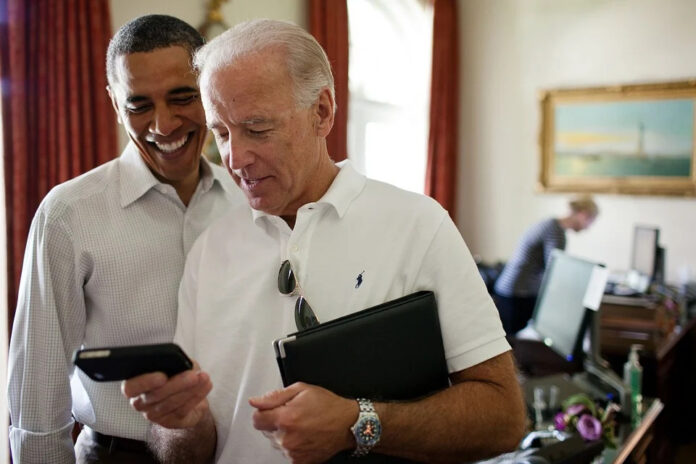As a consequence of the necessary cruel stubborn attitude in fighting the pandemic, the confrontations or clashes within governments have become very strong. With relation to the average losses of 10% of GDP and the huge increases in debt, there is no room for polite dialogues. A symbol comes from Carry, Boris Johnson’s partner. Through a very successful plot, she forced Dominic Cummings, the all-powerful special adviser to the premier, to resign. The latter comes out of Downing Street humiliated, with the cardboard box in his hand like any fired employee. Extreme nervousness circulates in all governments, nationally and locally.
Biden‘s victory over Trump, having been very difficult, forced everyone to question: who are the ones who voted for us and those who denied us their trust? Also: those who are in mid-career, twenty years distant from their retirement, and who work in offices, almost battlefields, and who are victims of the exuberance of smart working, whom will they vote in the future to? Consequently a painstaking analysis of classes, social groups, fractions of voters and their interests has begun. Biden taught that speeches and promises must be tailored.
Even in Angela Merkel’s ranks, in the most stable European government, questions are circulating about the current social mobility and about the precarious welfare of the European middle classes.
In Italy, the mayor of Milan Beppe Sala asked himself similar questions and stressed that the upcoming elections in the Lombard capital will get a national relevance. Furthermore, several Italian mayors are looking for them to be confirmated once again: in Florence, Bologna and Rome. In relation to the polls of the next spring they are racking their brains on the increasingly disturbing spread reports. Meanwhile, the Recovery Fund makes this picture more complicated. Italian Prime Minister Giuseppe Conte leads with an utmost secrecy the choice of projects that will be funded by the European Union.
The fund’s destinations will be released for the next municipal elections, and then, in 2022, for the Lombardy regional ones. If these funds are not distributed equally over the entire nation, the repercussions on political forces could be much severe. Also, thinking of the above mentioned USA, it is noted that Milan and Lombardy are becoming the most American area of Italy. Their political allure could be similar to that of the more famous and unpredictable “swing states”. Like Pennsylvania and the US Great Lakes states.








